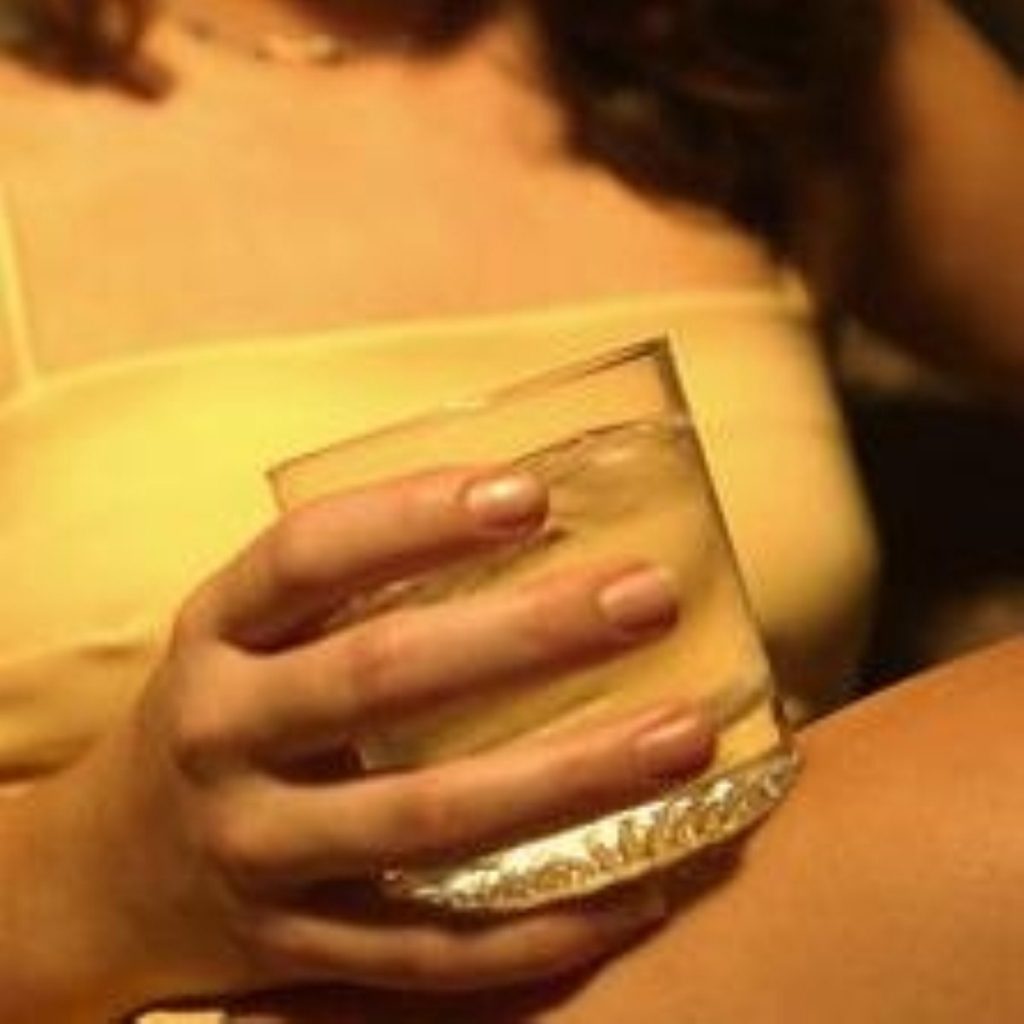Politicians brawl over 24-hour drinking
Only three per cent of licensed premises in England and Wales are serving alcohol around the clock, under controversial legislation which the prime minister has threatened to scrap.
Government figures show more than 5,000 premises have successfully applied for 24-hour licenses, out of a total of 53,000.
Despite the relatively low proportion, the Conservatives insist the number of premises with 24-hour licenses has increased by 70 per cent in the past year, exacerbating problem drinking.
The Department for Culture, Media and Sport point out the “vast majority” of 24-hour licenses have been granted to hotels serving alcohol to registered guests.


Fewer than 500 pubs and clubs have been granted a 24-hour license in the past two years, alongside 910 supermarkets. The remaining 3,300 24-hour licenses have gone to hotels.
The figures are based on questionnaire responses from 86 per cent of licensing authorities between April 2006 and March 2007.
Licensing minister Gerry Sutcliffe said: “These are the first official figures since the act came into force two years ago and I’m pleased they put to bed the theory that this law is all about 24-hour drinking. It isn’t.
“Less than three per cent of premises are licensed to sell alcohol round the clock and two thirds of those are hotels, which have always been able to serve their guests 24 hours a day.”
Despite Mr Sutcliffe’s reassurances, Gordon Brown has said he will review the 24-hour drinking policy, insisting he will “not hesitate” to scrap it.
Shadow culture secretary Jeremy Hunt said: “Despite Gordon Brown’s spin of being tough on 24-hour drinking this bulletin reveals the truth. The government should accept that they have failed to create the continental café culture that they promised and start giving real power on licensing issues to local people.”
Mr Sutcliffe argued local people and police are empowered under the existing legislation to demand a license review if problems occur.
This puts the onus on landlords to ensure drinkers behave or risk losing their licence, the government argues.
Mr Hunt insisted powers for local residents have “little impact” in reality.
He explained: “Less than 0.4 per cent of all licensed premises have actually been reviewed using these powers. We have constantly argued that decisions about licensing are best made locally but this is clearly not happening.”
The Liberal Democrats are calling on the government to hold pubs, bars and off-licences to account for the country’s drink problem.
The party revealed that, of the quarter of a million personal licence holders in the country, just 24 have had their licence suspended or revoked.
Lib Dem culture spokesman Don Foster said existing laws to avoid problem drinking are not being enforced, pointing to the four licensees who were convicted for serving a drunk in 2005.
Mr Foster said: “When the new Licensing Act was introduced, we were promised a continental drinking culture, but in reality we’ve seen a dramatic leap in alcohol related A&E admissions and a surge in drunken violence.
“We have laws in place to guard against these incidents, but they just aren’t being enforced – when laws are flouted, licences must be revoked or suspended.”









